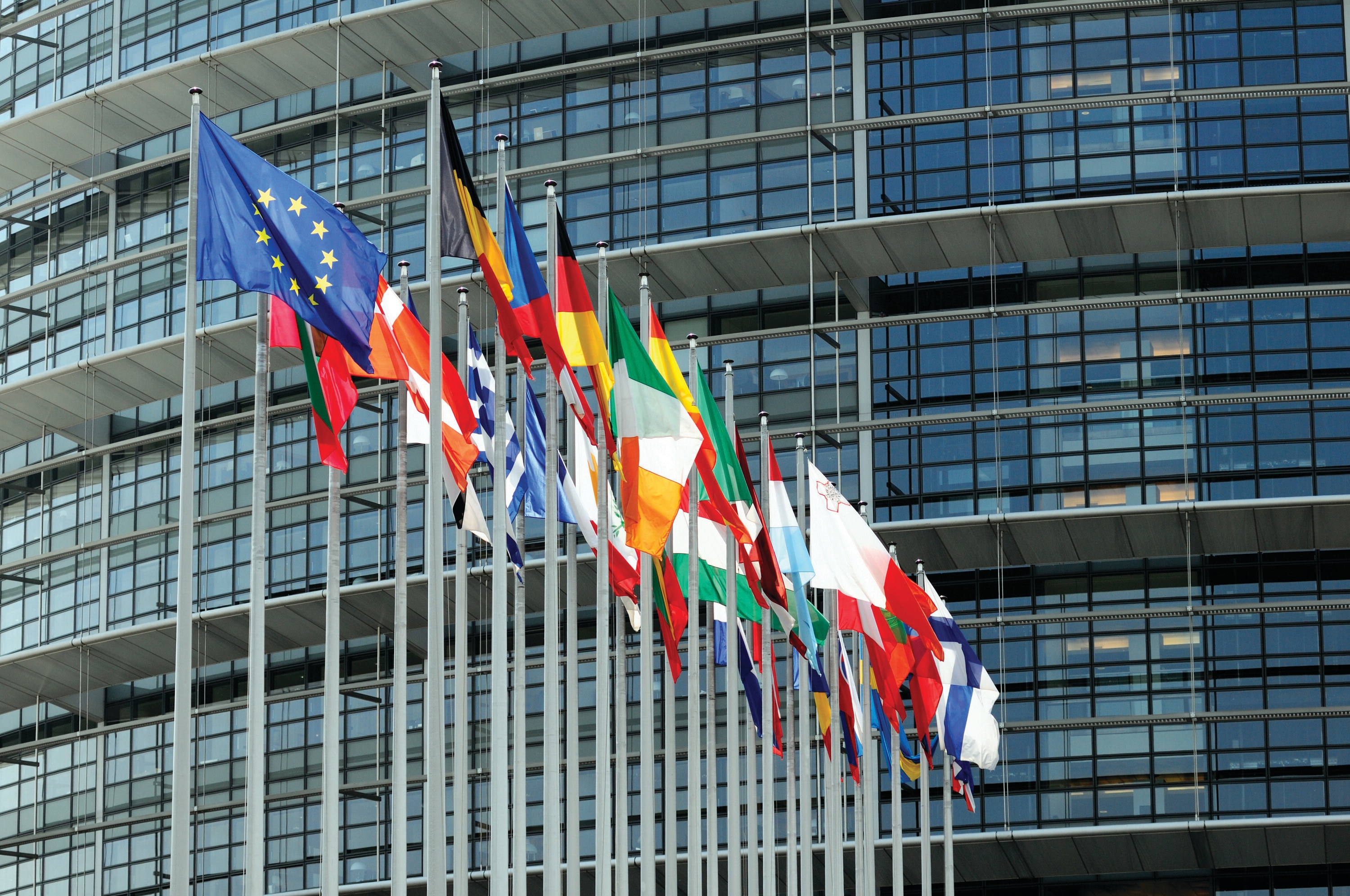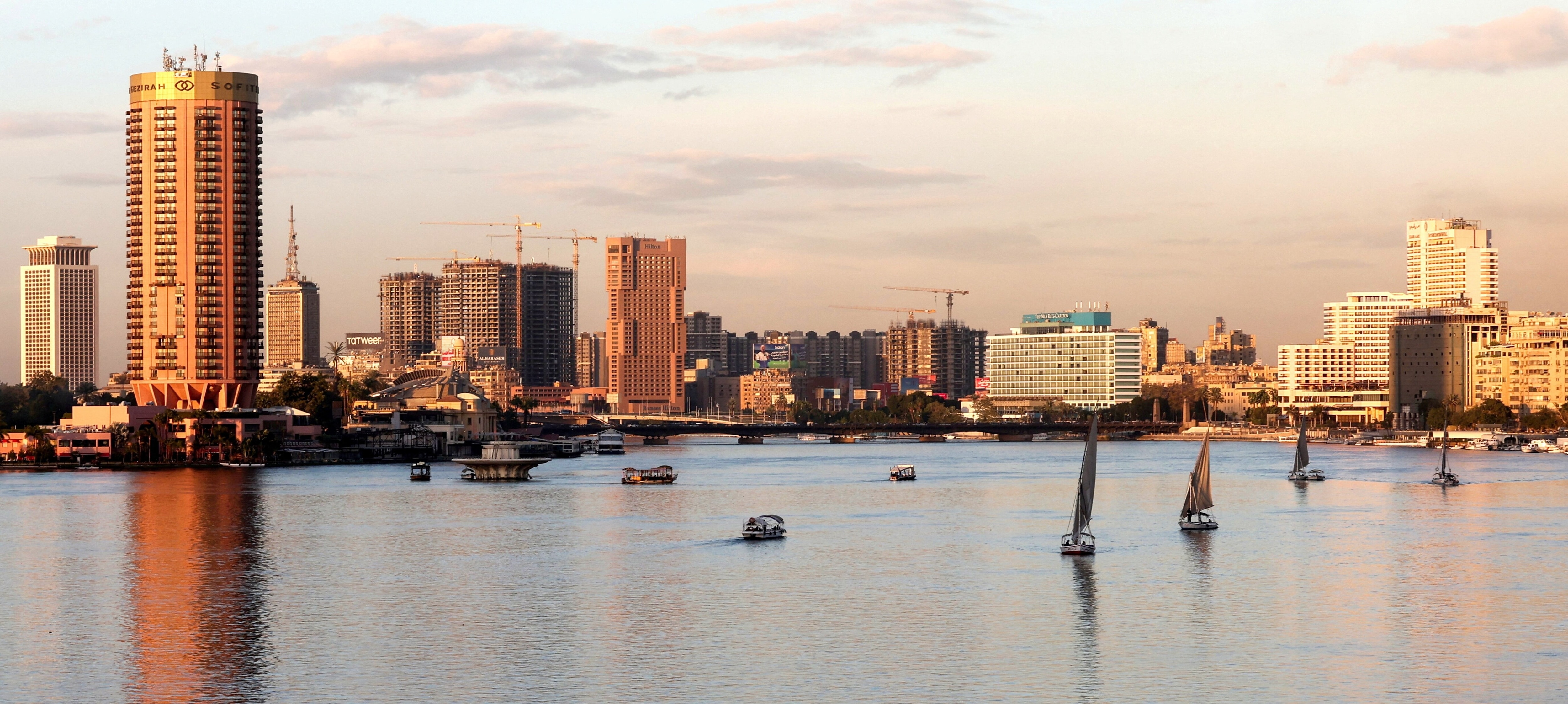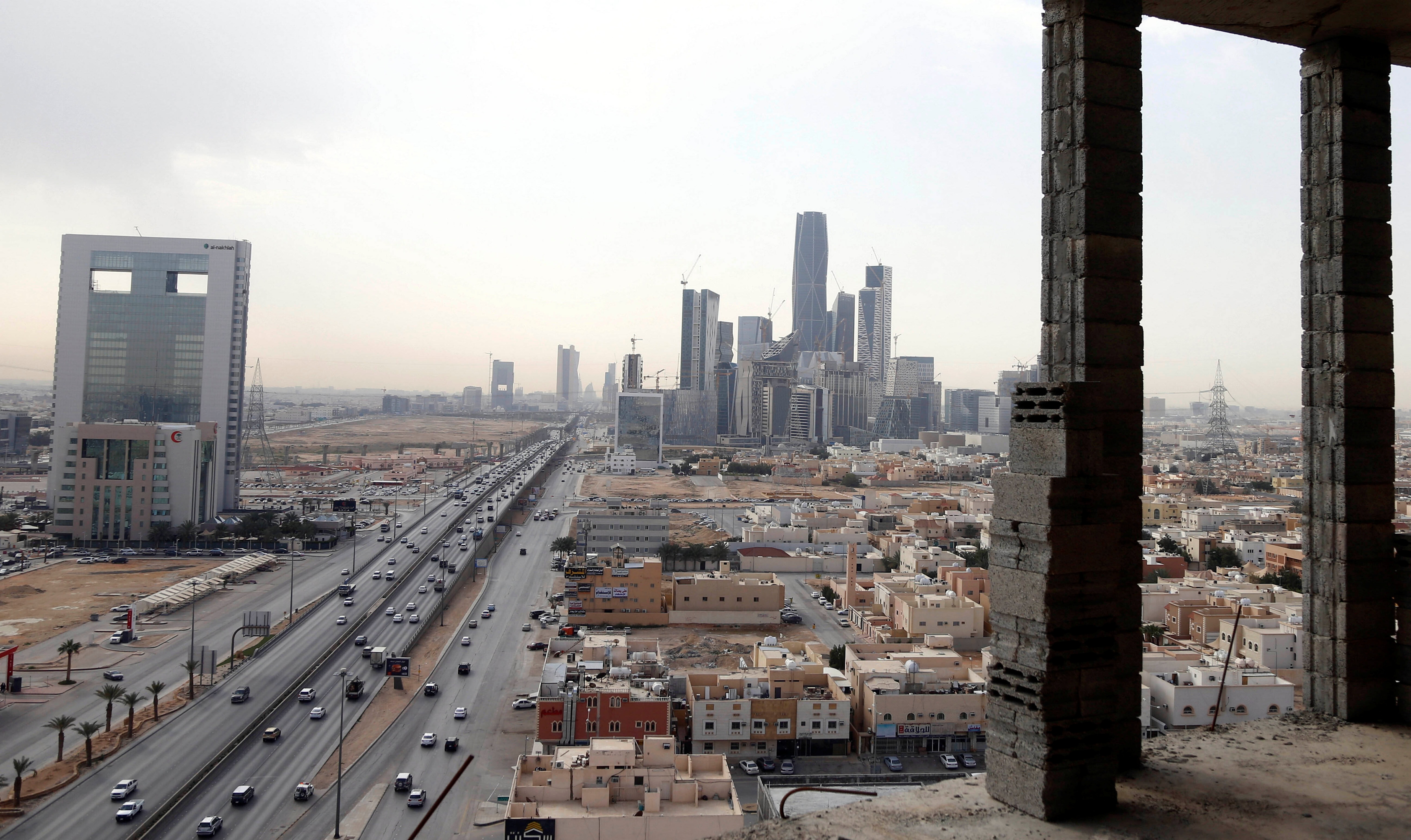Why we need to make planetary health part of city design

How can Africa's cities be redesigned to improve rather than undermine health? Image: REUTERS/Feisal Omar
Tolu Oni
Clinical Professor of Global Public Health and Sustainable Urban Development, University of Cambridge- Planetary health, which links human health to that of the Earth's natural ecosystems, is at the heart of the African Union's 2063 goals for the continent;
- Achieving these goals requires transformational change in how we build cities and greater health foresight in city design and infrastructure;
- Given the demographic profile of Africa, young people will be critical to making this change and designing health into urban environments.
The goals set out in the African Union’s Agenda 2063 aim to transform the health and wellbeing of the continent by 2063 and provide a framework for inclusive sustainable cities. These goals fall under the umbrella of planetary health, a concept that links human health with the natural ecosystems upon which we depend.
Achieving such planetary health goals will require transformational change in how we build cities. Urban spaces amplify or reduce the health risks encountered in daily urban life, from access to healthy food and physical activity to clean air and water. Cities also contribute significantly to greenhouse gas emissions (that negatively impact health) while being disproportionately impacted by climate-induced disruptions that can also threaten healthy food security.
From air quality to housing, 80% of factors that influence our health lie outside of the healthcare sector, but the sectors operating in natural and built environments that could shape and create health are largely structured to undermine health in cities. Transport infrastructure, for example, could be designed to support and promote healthy behaviours like walking and cycling and improve air quality by using clean fuels. A recent study in Accra suggests mitigating rising motorization by improving public transport would benefit population health and that supportive infrastructure to tackle road injury risk by ensuring safe walking and cycling is a top priority.
Instead, in my cities, this critical health infrastructure is focused on roads and cars resulting in a high burden of ill health due to road traffic injuries and air pollution. Furthermore, health systems are currently centred on disease care and miss the opportunity to prevent ill health.
The structure and design of these urban spaces have intergenerational impacts, with significant implications for future resilience and the health of Africa’s youth population – the largest in history and upon which the development of the continent depends.
The decisions made now will shape Africa’s cities for decades to come
The size of the systems change required means that the urgent and immediate action required to realign urban systems for health and sustainability must be set in motion today to stand any chance of achieving the Agenda 2063 goals in the next 43 years. We must adopt a health foresight approach (this informed my call for a Marshall plan for planetary health) to increase the supply of health from the places where we live, work and play; and to increase the demand for healthy and sustainable places and spaces.
Change will take time – but not just any kind of time
Kairos, an ancient Greek notion of time, refers not to a quantitative specific amount of time (chronos), but to opportune time for transformative action. Kairos has been described as being composed of exigence (the inherent pressure to do something about a situation immediately), audience (who is to be persuaded) and constraints (external factors that act as barriers). Tackling these components will create space for the ‘Kairos’ required to encourage radically particular creativity and stimulate a reimagination of the urban. Such a shift will place health at the centre of sustainable urban development in Africa’s cities creating healthy and thriving urban centres for all.
Given the demographic profile of the continent, young people are critical drivers of change. Designing planetary health into cities will need to be focused on youth participation. From citizen scientists contributing to building a more robust infrastructure to generate actionable data about their cities, young people as practitioners and policy-makers must be equipped with the necessary skills and tools to integrate planetary health into urban projects, policies and programmes. To support this we need measures including an educational curriculum that incorporates planetary health and practical training of practitioners and policy-makers on how to integrate planetary health impact measures into their work.
To address the systemic drivers of preventable ill-health in urban environments while ensuring climate resilience, a better understanding of the dynamic nature of these environments is required. Data gaps in our understanding of within-city inequalities that influence health must be confronted. This also requires a resuscitation of our collective social imagination with inclusive strategies that activate the agency of youth to shift and shape norms for health and sustainability.
Ultimately, health-proofing the future of Africa’s cities will need tools, measures and frameworks for urban management that embed a planetary health lens in urban infrastructure investments, policies and programmes. These must allow action at different levels from individual and households to neighbourhood and city-level interventions.
The pandemic has made it very clear that cities can break health and that insufficient attention has been paid to the potential for cities to make health. Through the devastation a new appetite for re-thinking cities has emerged. Atypical actors are asking how their activities could improve health, from impact investment and multilateral finance institutions to politicians, economists and urban actors.
We need to think beyond this current pandemic. These times of societal disruption represent an opportune moment to re-think health and cities to simultaneously and synergistically prevent future preventable ill health and climate emergencies. It is important that we don’t miss this window as cities slowly drift back to the "business as usual" activities that increase the risk of disease.
The #UrbanBetter initiative is focused on manufacturing ‘Kairos’ time and space to generate pathways to health-proof the future for healthy sustainable African cities by 2063.
To develop its vision, UrbanBetter, YLabs and the Forum of Young Global Leaders (YGL) in partnership with the Aliko Dangote Foundation convened a workshop bringing together YGL and Global Shaper community members. The session explored perspectives on anticipated urban trends that will shape the future of health, future-facing strategic priority areas in transportation, urban development, waste, water and sanitation, energy and food sectors and opportunities in urban systems to achieve the greatest impact for health in a sustainable manner.
The mission? To support and sustain a connected groundswell of young people who, as innovators and citizen scientists, work collaboratively to create solutions that ensure that health is designed into every urban infrastructure or development initiative in African cities by 2030.
Critically, the ideas, initiatives and advocacy that emerge aligned with Vision #UrbanBetter will need visionary governments as implementing partners to adopt a (planetary) health-in-all-policies approach and who are keen to act as urban innovation hubs to introduce these solutions. These initiatives will also need to be matched with sustained financing and academic partners to evaluate the impact of increasing the supply of health from the places where we live, work and play for the cities of tomorrow that achieve the Agenda2063 planetary health goals.
Don't miss any update on this topic
Create a free account and access your personalized content collection with our latest publications and analyses.
License and Republishing
World Economic Forum articles may be republished in accordance with the Creative Commons Attribution-NonCommercial-NoDerivatives 4.0 International Public License, and in accordance with our Terms of Use.
The views expressed in this article are those of the author alone and not the World Economic Forum.
Stay up to date:
Africa
Related topics:
Forum Stories newsletter
Bringing you weekly curated insights and analysis on the global issues that matter.
More on Geographies in DepthSee all
Elie Farah, Matt Strahan and Ryan Lancaster
January 20, 2026







